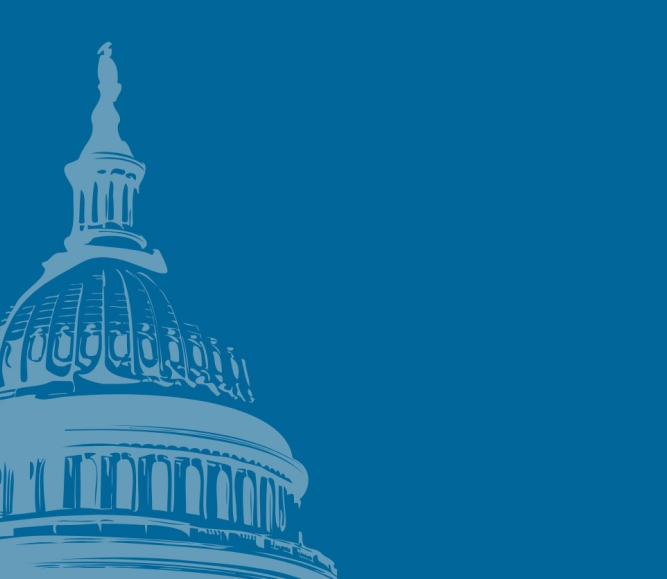ACF releases final child care affordability rule
Author

Julia Cortina
Upcoming Events
Related News

Key Takeaways
On March 1, the U.S. Department of Health and Human Services (HHS) Administration for Children and Families (ACF) published a new final rule aimed at reducing costs for families that receive subsidies through the Child Care and Development Fund (CCDF). While counties support the goal of increasing the supply of affordable, high-quality child care, NACo remains concerned that absent additional federal funding, implementation of the CCDF final rule will require difficult tradeoffs that could impact access to the program.
Highlights of the final rule
- The final rule makes significant changes to the CCDF, which is the federal government's primary funding source for child care subsidies to help eligible low-income families access child care and improve the quality of child care for all children. Highlights include:
- Caps family co-payments at no greater than 7 percent of household income
- Gives states the option to waive co-payments for additional families, including eligible families that fall 150 percent above the federal poverty line, families that have a child with a disability, are enrolled in Head Start or are in kinship or foster care
- Updates payment practices to improve timeliness and ensure adequate financial resources for child care providers
- Encourages streamlined enrollment and eligibility processes, including encouraging states to use a family’s enrollment in other public benefits program to verify eligibility and for applicants to use online applications
County impact and call for additional resources
- Counties are key partners in child care systems and support federal action to strengthen the child care sector to ensure families have access to affordable, high-quality care in order to promote child development and sustain a strong workforce.
- While the CCDF final rule is poised to make child care more affordable for families, NACo remains concerned about potential tradeoffs due to the absence of additional federal funding.
- NACo is committed to ensuring all low-income families have access to affordable and high-quality child care, and will continue to call on our congressional partners to pass comprehensive legislation to stabilize and strengthen the child care industry.
Additional Resources
Resource
Support the Child Care and Development Fund (CCDF)

Related News

USDA and HHS release new dietary guidelines
On January 7, U.S. Department of Agriculture Secretary Brooke Rollins and U.S. Department of Health and Human Services Secretary Robert F. Kennedy, Jr. unveiled the new Dietary Guidelines for Americans, 2025–2030.

County Countdown – Dec. 15, 2025
Every other week, NACo's County Countdown reviews top federal policy advocacy items with an eye towards counties and the intergovernmental partnership.
